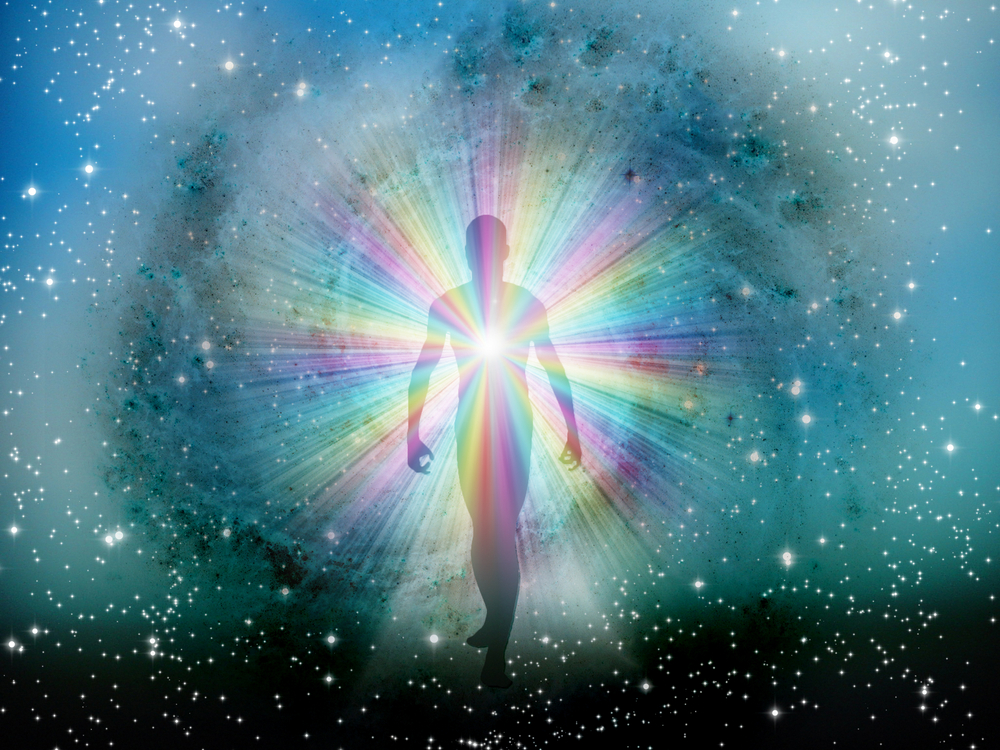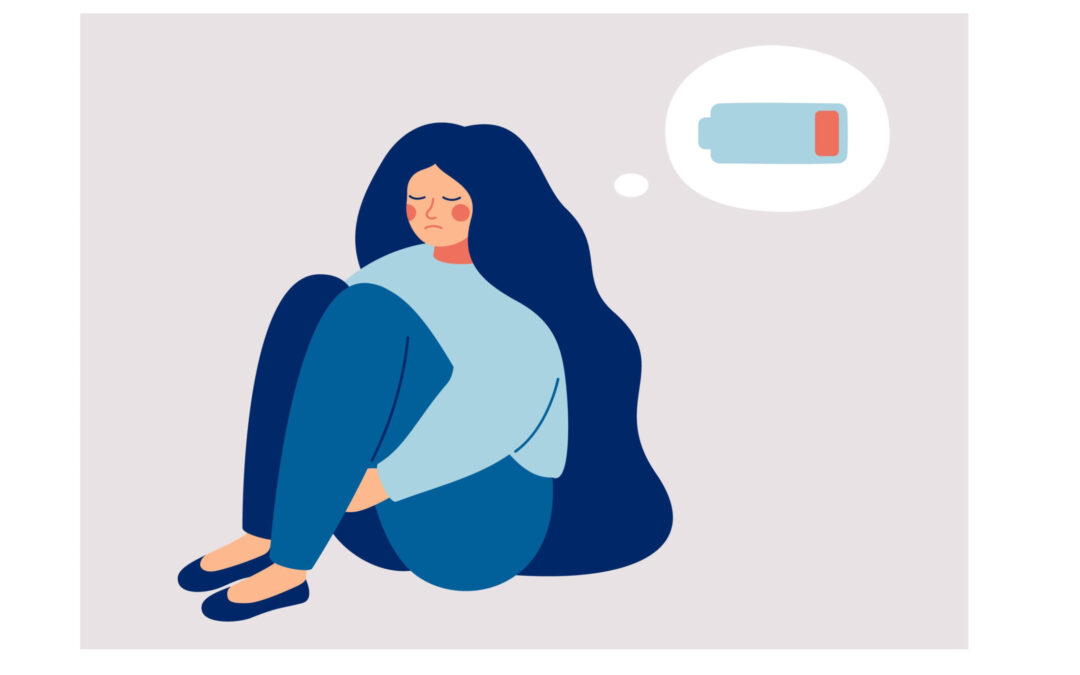I am often asked by patients, colleagues, and friends if “adrenal fatigue” is “a real thing”. This is a great question, and a bit of a hot potato these days. There’s lots of information out there on the symptoms of adrenal fatigue, how to test for it, and how to treat it- but the Western medical community does not recognize “adrenal fatigue” as a valid diagnosis. What’s the controversy? Let’s take a closer look.
What are the adrenal glands?
The adrenals are tiny little glands situated on top of the kidneys. The adrenal glands, along with deep structures in the brain called the hypothalamus and the pituitary gland, form what’s known as the hypothalamic-pituitary-adrenal (“HPA”) axis. This is a sophisticated feedback loop that regulates many systems in the body through the actions of various hormones. The HPA axis is pivotal in maintaining balance in functions like metabolism, immunity, digestion, energy levels, sexual function, and mood.
Cortisol, produced by the adrenal glands, is one of the main hormones regulated by the HPA axis. Cortisol is essential for just about every organ function in the body. Cortisol levels vary naturally during the day, peaking first thing in the morning and then again in the afternoon. This cyclic activity helps set the clock for the body. Our sleep/wake cycles, blood pressure and heart rate, patterns of energy use and expenditure are all influenced by cortisol levels.
The HPA axis is responsible for helping us adapt to our environment, including response to stressors. When we encounter a threat (illness, accident, hungry bear), cortisol and other hormones, like epinephrine and norepinephrine, are released into the blood stream. Together, they shift us into high gear- our heart rates and blood sugar are kicked up, blood is shunted out to the muscles, and we enter a state of heightened alertness, prepared to fight or flee. When the danger has passed, things go back to normal, our bodies return to baseline, and harmony is restored.
That is how the system was designed, at least, eons ago…

Long Ago
…when life was quite different than it is today!

Modern Times
Impact of chronic stress
Have you felt like life has gotten more stressful? People today are often forced to multi-task to meet all the demands on their time. Those little devices in our hands make us accessible 24/7, with a flow of texts and emails locking us into a perpetual state of vigilance. We used to have news broadcasts at “5 and 11”, but now we’ve got alarming headlines streaming into all our waking moments, often accompanied by graphic and even violent video. Stress seems inescapable. What happens to the HPA axis if the stimulus for the stress response never goes away?
“Adrenal fatigue”
First, there is no disagreement over the existence of biologic conditions resulting in adrenal insufficiency or excess. These medical conditions generally result from a failure within the HPA access interfering with the body’s ability to produce or regulate production of cortisol.
The term “adrenal fatigue”. has come into use in the media and by some healthcare providers to describe a condition of adrenal exhaustion in response to chronic exposure to stress. Symptoms attributed to this condition tend to be vague and non-specific and include:
- sleep difficulties
- salt and sugar cravings
- poor concentration
- fatigue
- irritability
- energy crashes, especially in the late afternoon
Can the adrenal glands really tire out from overwork?
Western medical experts say no. A recent systematic review concluded that there is no scientific evidence to support the existence of this condition. The authors found that testing methodology was inconsistent and results conflicting. Medical experts also warn that potentially serious conditions might be missed if worrisome symptoms are attributed to adrenal fatigue without sufficient evaluation.
Is that the final word?
This section is only my opinion, but: I don’t think so.
It is essential that rigorous guidelines are applied to obtaining and analyzing the evidence used to establish best practices in medicine today. This provides important safeguards to assure patients that recommended treatments are both safe and effective, most of the time and for the majority of people. But “most of the time” isn’t always, and that leaves a gap in care for some.
People seek out complementary providers for many reasons- a desire to avoid or reduce the need for prescription medications, a poor response to standard therapy, vague but problematic symptoms that refuse to be identified. Evidence evolves over time, and humans are living in unprecedented conditions involving stressors never before encountered. Is it possible that adrenal fatigue is an entity that just hasn’t been completely characterized yet (by Western medical standards)? I believe so.
If you are concerned that you are experiencing “adrenal fatigue” and decide to explore that, I would advise the following- again, my opinion:
- Find a reputable provider to work with.
- Know what tests are being performed and how the results are being interpreted.
- Understand how any treatments suggested affect the body.
- Understand how response to treatment will be assessed.
- If you fail to respond to therapy in a timely fashion, seek another opinion.
- If you are advised to take a course of corticosteroids for adrenal fatigue, be fully aware of their side effects and consider a second opinion before you start.
What are the known effects of chronic stress on the body?
We do know that chronic stress can have a negative impact on our health. Stress is a leading contributor to the chronic diseases that plague Americans today: hypertension, cardiovascular disease, obesity, and diabetes. Stress can also contribute to unhealthy behaviors like smoking, excessive consumption of alcohol, and substance use, all of which have adverse health consequences. When exposed to chronic stress, our capacity for healing, immune function, and regenerative processes can suffer. And, yes, vague and non-specific symptoms like sleep problems, muscle aches, anxiety, and digestive issues can all be related to stress.

An ”energetic perspective” on adrenal fatigue
In Traditional Chinese Medicine (TCM), the function of the adrenal glands is performed by the Kidney. This is not the same as our organic kidney, but there is some overlap in their roles.
The Kidney, according to the principles of TCM, is hugely important. It is regarded as the seat of our “original” or “source” energy, the energy we are born with. It is the source of our vitality, providing the foundation for all the energetic functions of the body.
Throughout life, we continually replenish our energy through the food we eat and the air we breathe. The Kidney acts as a big kettle, full of water and fueled by fire, creating a steam that rises up to capture those energies. This rains down over the organs of the body as a cooling and nourishing mist. As long as we continue to support The Body with food, air, and rest, this steam kettle is continually replenished, and our source energy remains intact.
This cycle can be disrupted, though, by lifestyle factors like inadequate sleep, poor diet, overwork, and multi-tasking through meals. These behaviors prevent us from truly nourishing ourselves and our Bodies, putting a strain on the Kidney. If the water in the kettle becomes depleted, the Kidney can become dangerously exhausted. Resilience disappears and we become highly reactive to stressors. This is the energetic concept of “adrenal fatigue”.

Can adrenal fatigue be treated with acupuncture?
I see many patients with indicators of Kidney imbalance suggesting adrenal fatigue from a TCM perspective. An acupuncture treatment to support the Kidney helps to tone down an overstimulated state. Restoring the Kidney to balance refreshes energy and renews resilience. Many patients experience a deep relaxation and note that their sleep improves tremendously after a treatment, which nourishes the Kidney further.
What can I do to support the adrenals from a TCM perspective?
Human beings are a composite of our emotional, mental, spiritual, and physical selves. Religious beliefs, strong family ties, or practices like or meditation and yoga can all provide meaningful reservoirs of support. These can certainly buffer the impact of stress and help refresh the energetic Kidney.
Lifestyle modifications can extend the benefits of acupuncture. The Kidney’s element is Water, so hydration is essential. Hot, liquid foods like soups and stews are ideal, but it is equally important to respect and enjoy our food as nourishment. Taking the time to prepare our meals and dedicating time to enjoy them are very supportive actions for Kidney health and balance.
Watch for an upcoming Blog piece on further information on supporting the Kidney!
The Bottom Line:
While “adrenal fatigue” remains a controversial topic from a medical standpoint, it is a legitimate entity from a TCM perspective. At Acupuncture Energetics, we use reflexes on the body to identify disharmonies like this. We can provide a balancing treatment to help restore and refresh the Kidney/adrenals, supporting energy level, sleep, and mood.

